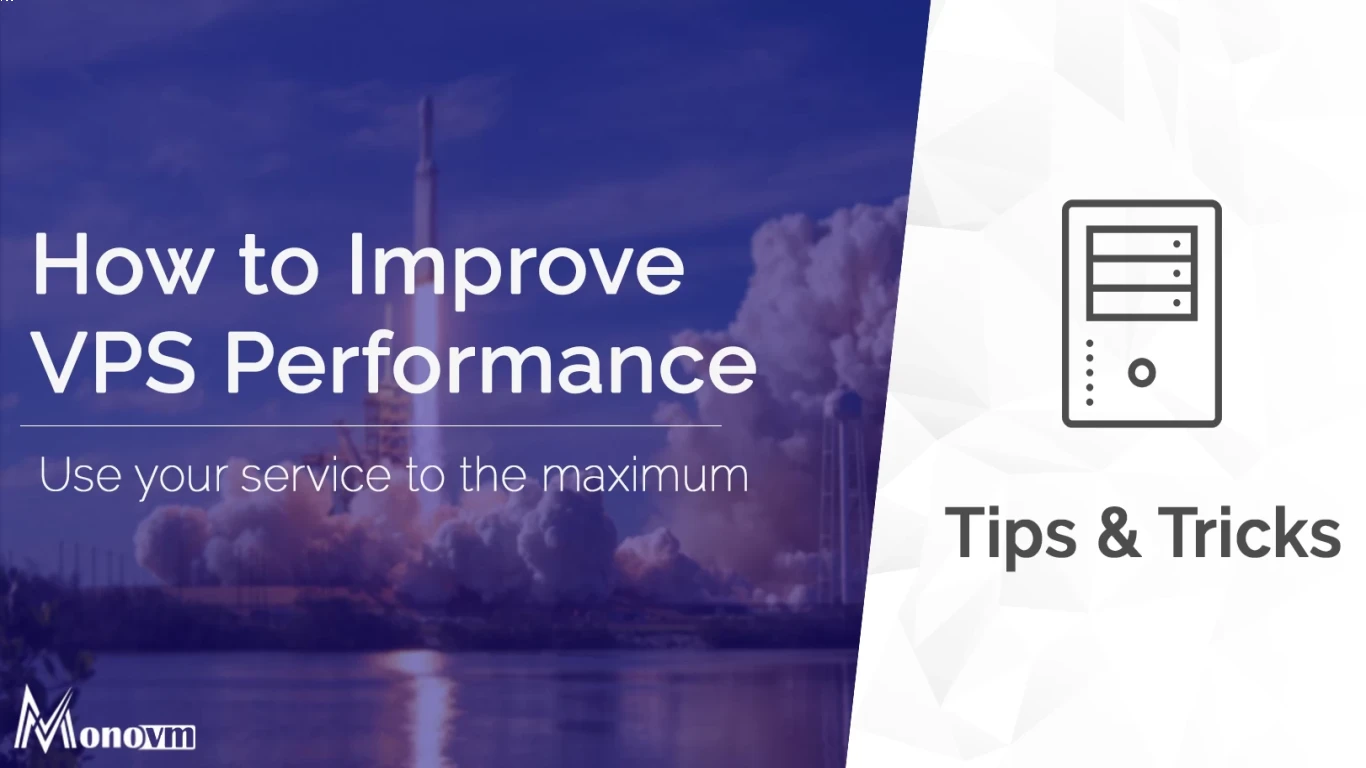How to Improve Your Website Speed with VPS Hosting
How to Improve Your Website Speed with VPS Hosting: Your Ultimate Guide!
Alright, so you're sitting there wondering why your website is loading like molasses in January. You've tried everything—compressing images, minifying code, but nothing seems to work. Well, pal, have you considered VPS Hosting? It's time we dive deep into this magical world where your website isn't just a website, but a speed demon ready to dominate the internet highways!
What is VPS Hosting and Why Is It a Game-Changer?
Before we go full steam ahead, let's understand what VPS Hosting is, alright? VPS stands for Virtual Private Server. Unlike shared hosting where you're basically sharing resources with other websites, VPS gives you your own private space. It's like having your own studio apartment as opposed to a dorm-room with five roommates. You get dedicated resources, better performance, and ultimately faster load times.
Why Website Speed Matters – The Real Deal
Okay, real talk. Nobody wants to wait for a website to load. In fact, if your site takes longer than three seconds, there’s a high chance your visitors will bounce quicker than a basketball. Plus, Google loves fast websites—better SEO rankings, more visibility, you know the drill. Speed is the name of the game, and VPS Hosting gets you those golden speeds.
How VPS Hosting Boosts Your Website's Speed
-
Dedicated Resources: With VPS Hosting, you’re not stuck sharing. You get dedicated CPU, RAM, and storage. This means your website can handle more traffic efficiently.
-
Root Access: More control = better performance tweaks. You can configure setups the way you want, which allows for better speed optimization.
-
Isolation from Traffic Surges: While shared hosting makes your site vulnerable during traffic surges, VPS ensures consistent performance. Your neighbors won’t steal your resources.
Choosing the Right VPS Plan for Improved Speed
Alright, not all VPS plans are created equal. Here's what you need to scout for:
-
CPU Power: The more cores, the better. This plays a big role in how quickly your server processes requests.
-
RAM: Go for a VPS with sufficient RAM for faster data retrieval.
-
SSD Storage: Forget HDDs. SSDs are faster and make your site zippier.
-
Good Bandwidth: Ensures that your site can handle heavy data loads without any hiccups.
Configuration Tips for Speeding Up Your VPS
So you've got your snazzy new VPS. What next? Configuration is key.
-
Optimize Your Server Settings: Tweak Apache or Nginx configurations for maximum speed.
-
Enable Caching: Use tools like Varnish or Memcached to store frequently accessed data and reduce server load.
-
Compression is King: Use Gzip or Brotli to compress files and quicken load times.
-
Constant Monitoring: Tools like New Relic help you keep an eye on your server's performance and quickly tackle any bottlenecks.
The Role of CDN in Conjunction with VPS Hosting
CDNs, or Content Delivery Networks, work beautifully with VPS Hosting. Spread your content across global servers so that it's delivered from locations closest to your user, reducing latency and improving speed.
When to Consider Upgrading Your VPS Plan
Your site's loading fast, but what if you start attracting hordes of new users? New traffic requires more resources. If your load times start slipping:
-
Frequent Downtime: Your site should be up 99.9% of the time.
-
Performance Lag: Noticeable delays in load times even with optimizations.
-
Resource Alerts: If you’re constantly hitting resource limits, consider an upgrade.
VPS Management: Do It Yourself or Go Managed?
You can control VPS yourself if you're tech-savvy. However, managed VPS takes the workload off you. Pros look after server management, so you focus on what you love—growing your site!
The Cost Factor – Is VPS Worth the Investment?
Let’s not beat around the bush. VPS is pricier than shared hosting, but you’re paying for performance. Your website’s speed could directly impact sales and user experience, making it a worthy investment.
Success Stories: Real-life Examples of VPS Speed Improvements
Loads of websites have seen massive improvements moving to VPS:
-
E-commerce Sites: Faster checkout times reduce cart abandonment.
-
Bloggers: With increased traffic, VPS allows for seamless user experiences.
Conclusion: Why VPS Hosting is Your Best Bet for Speed
So, we’ve walked through why VPS Hosting is the secret sauce to speeding up your website. It gives you the resources, control, and performance you need. Avoid sluggish load times and give users the fast, sleek experience they deserve.
FAQ Section on Improving Website Speed with VPS Hosting
-
Is VPS Hosting suitable for all types of websites? Yes, VPS can benefit any website looking to improve performance, especially those experiencing growth.
-
How does VPS Hosting compare to shared hosting in terms of cost? While VPS is often more expensive than shared hosting, the improvements in speed and performance justify the additional cost.
-
Can I run a WordPress site on a VPS? Absolutely! In fact, WordPress sites often perform significantly better on a VPS due to dedicated resources.
-
What is the setup time for VPS hosting? Usually, it’s quick—often within minutes to an hour depending on the provider.
-
What are the security benefits of using VPS? You get better security than shared hosting as your VPS is isolated, reducing the risk of attacks that affect neighboring sites.
Alright, that's the lowdown. If you're serious about taking your website's performance to the next level, VPS Hosting is your go-to solution!
#improvewebsitespeed #vpshosting #websiteoptimization #fastloading #webperformance
